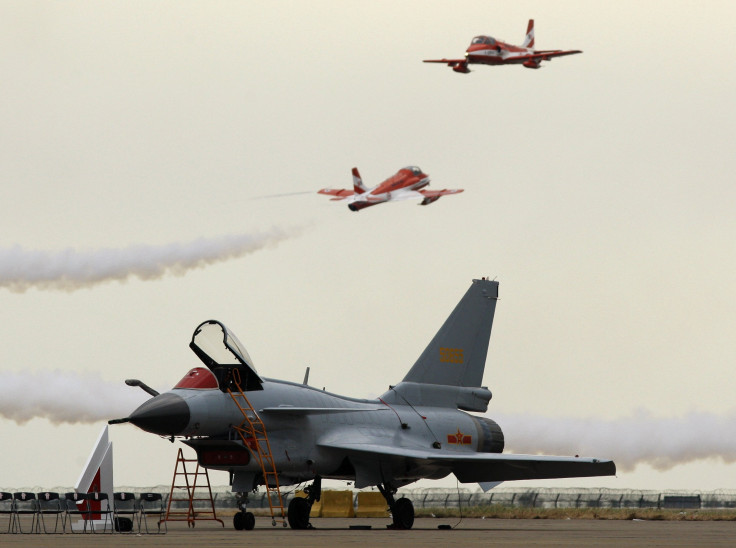China And Iran Weigh $1 Billion Deal To Swap Chengdu J-10 Fighter Jets For Major Oil Field

China and Iran are mulling a $1 billion deal that would see China trade 24 Chengdu J-10 fourth-generation fighter jets in exchange for control of Iran’s biggest oil field for two decades, a report in the Taiwanese newspaper Want Daily said Thursday. The oil field in question is the 350 square-mile Azadegan field, which produces around 40,000 barrels of light and heavy crude per day. It’s currently operated by the National Iranian Oil Company and is thought to be the largest oil discovery in the country in 30 years.
The China National Petroleum Corporation had previously signed a $2.5 billion deal in 2009 to produce 75,000 barrels a day at the South Azadegan oil field over a 25-year period. However, work to develop the field for production was canceled in 2014 because strict sanctions imposed by the West against Iran were beginning to affect Chinese financiers of the deal. A similar $2 billion contract signed in 2009 for the North Azadegan field has continued throughout sanctions.
Ironically, the fourth-generation multirole fighter jet that Beijing will offer in exchange for the oil field is based on blueprints of Israel’s Lavi fighter jet that it sold to China in the 1980s. Israel now faces the prospect of its greatest rival having similar hardware. The Chengdu jet is designed to conduct ground assaults and electronic warfare. The average unit cost is about $30 million, but Iran’s deal comes with training, decades of maintenance, upgrades and access to spare parts.
While no agreement has yet been reached, the deal would represent a major development in the Middle East and add another layer of controversy to the recent Iran nuclear deal that has caused alarm among regional rivals Saudi Arabia and Israel. [The Iran nuclear deal, negotiated with six other nations, is not yet official. For example, the U.S. Congress has until mid-September to approve or reject the plan, and President Barack Obama has the authority to veto a rejection. If that happens, Congress would have an opportunity to override a veto.]
Saudi Arabia and Israel believe that when economic sanctions are lifted Iran will increase oil production and begin spending heavily on weapons. Iran has already signed deals with Russia for missile defense technology, despite the nuclear deal prohibiting such a sale for up to eight years.
© Copyright IBTimes 2024. All rights reserved.






















